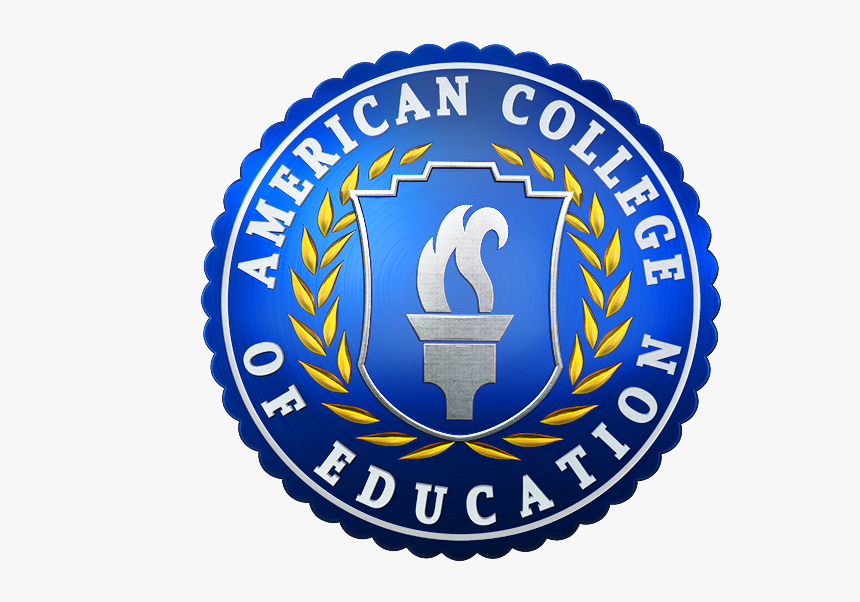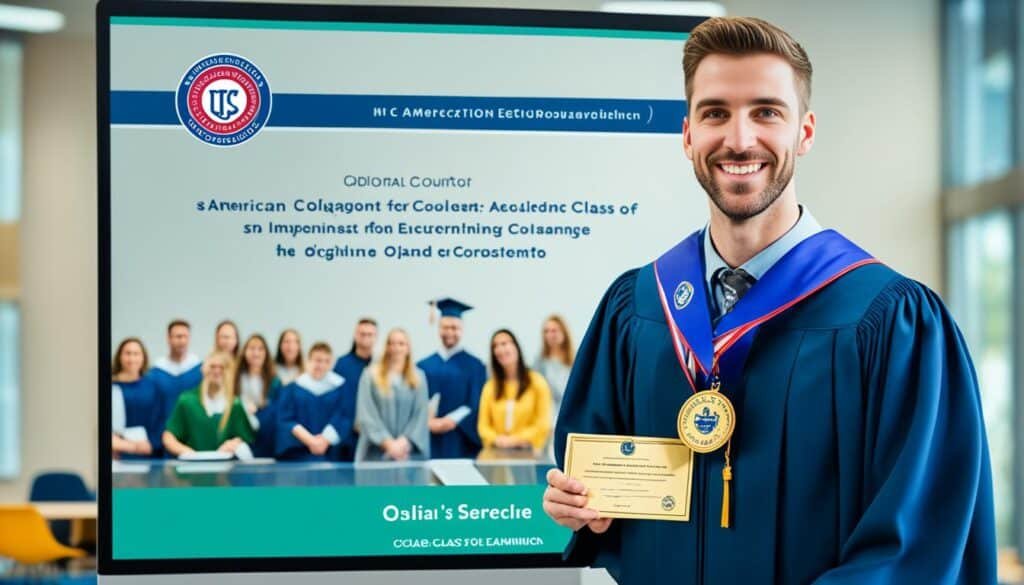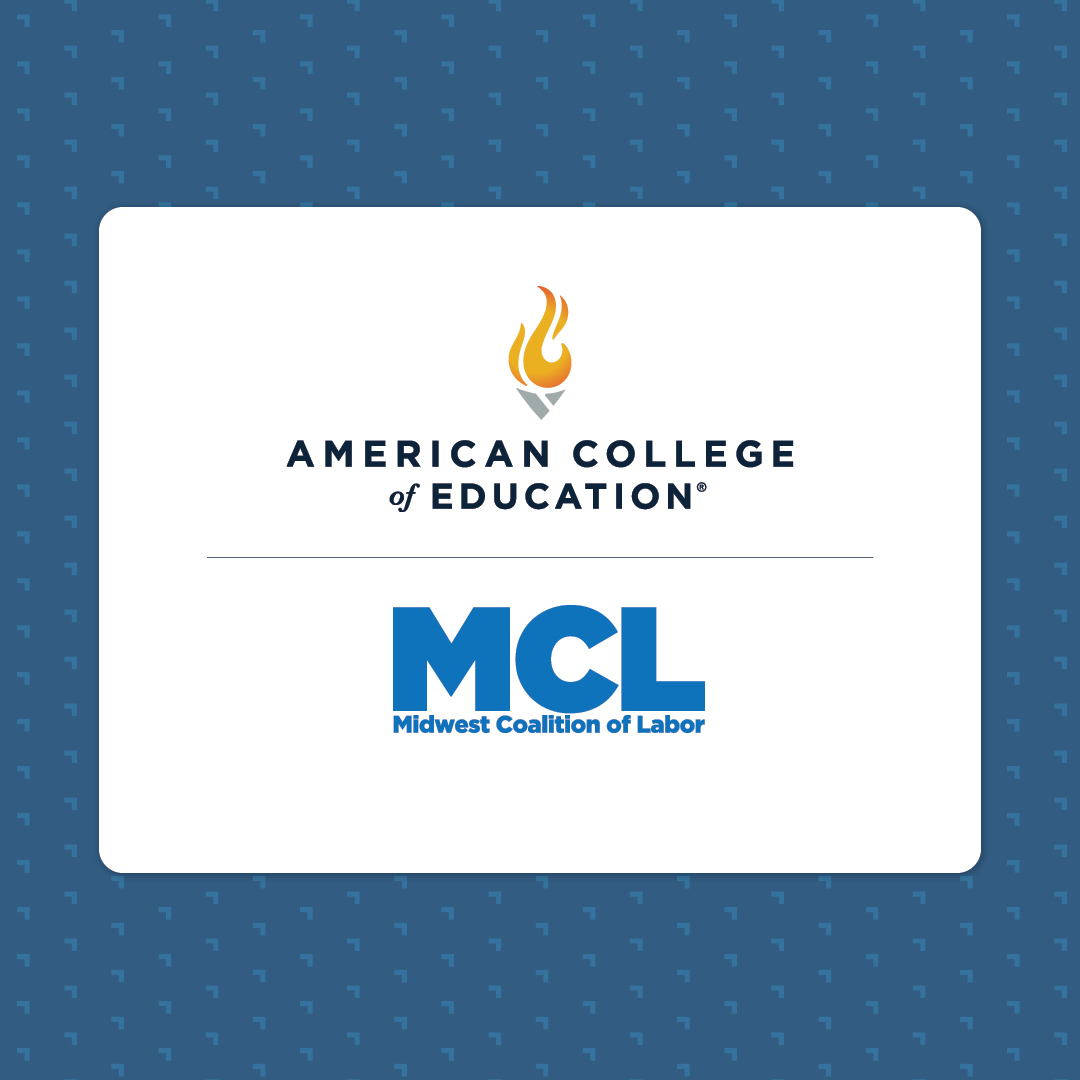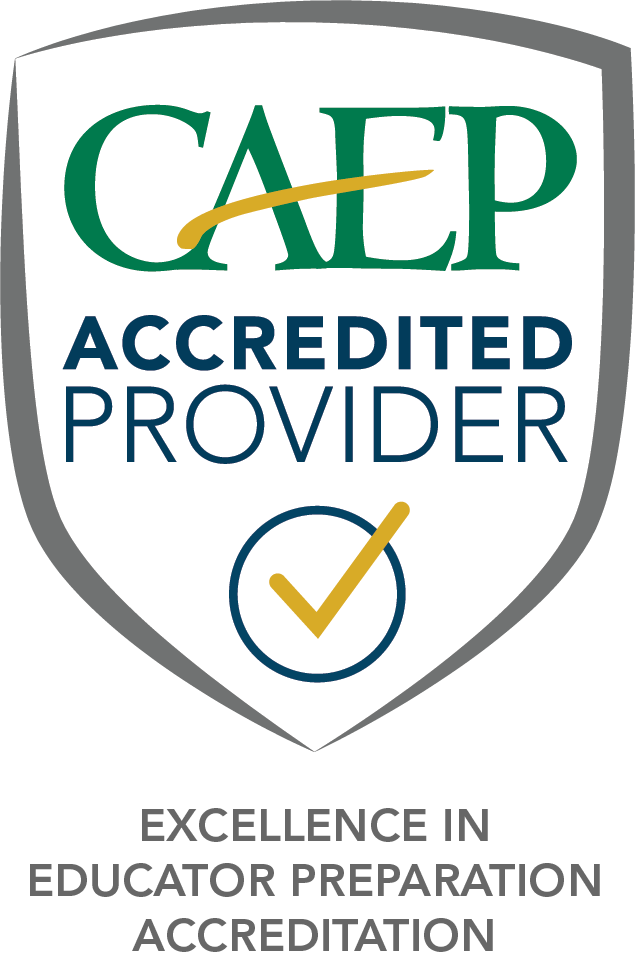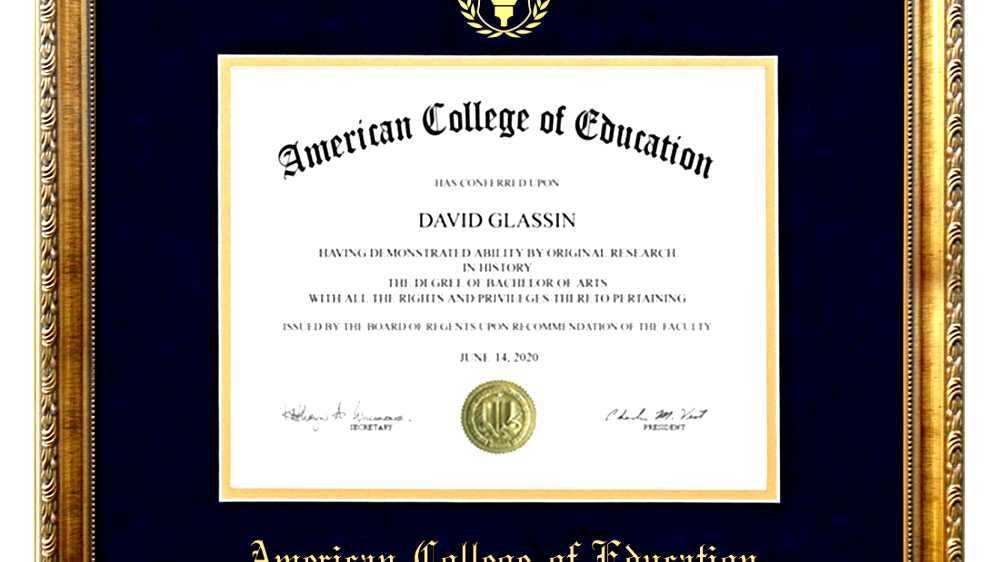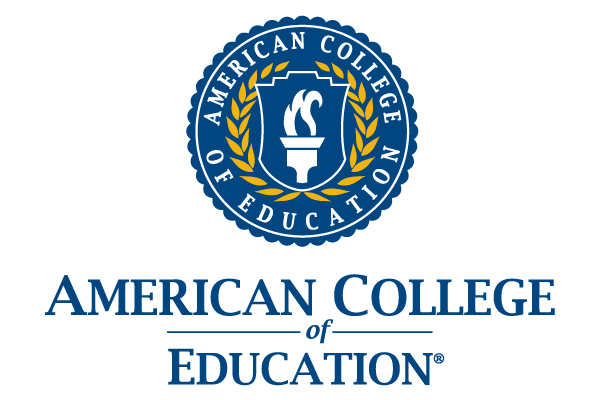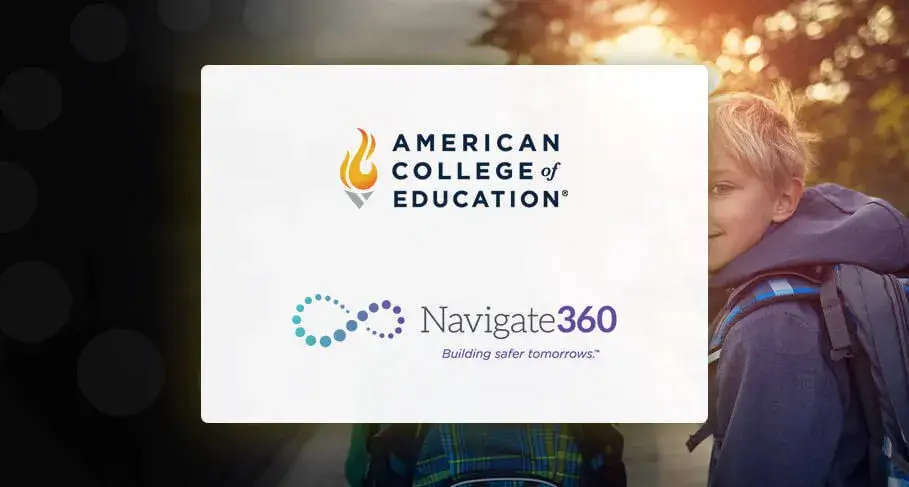Is American College Of Education Accredited

For prospective students seeking higher education, accreditation serves as a crucial indicator of institutional quality and legitimacy. Among the various institutions vying for their attention, the American College of Education (ACE) stands out, prompting many to inquire about its accreditation status.
This article delves into the accreditation of ACE, exploring its significance and what it means for current and future students. Understanding accreditation is vital as it impacts the value and transferability of earned credits and degrees.
Accreditation: The Basics
Accreditation is a voluntary process where institutions of higher education are evaluated by an external body to ensure they meet established standards of quality. These bodies, often regional or national, assess factors like curriculum, faculty qualifications, student support services, and financial stability.
Successful accreditation signifies that the institution provides a sound educational experience. It signals to students, employers, and other institutions that the college or university adheres to recognized benchmarks.
ACE's Accreditation Status
The American College of Education is accredited by the Higher Learning Commission (HLC). The HLC is a regional accreditation agency recognized by the U.S. Department of Education.
This accreditation extends to all of ACE's programs, signifying that they meet the Commission's rigorous standards for educational quality. HLC accreditation covers institutions in a 19-state region, including states like Arizona, Arkansas, Colorado, and Illinois.
According to the HLC website, ACE's accreditation is active and in good standing. The college regularly undergoes reviews to maintain its accredited status.
Significance of Accreditation
Accreditation is paramount for several reasons. Firstly, it assures students that the education they receive is of a certain standard and quality.
Secondly, accredited institutions' credits are more likely to be accepted by other colleges and universities for transfer. Students planning to pursue further studies benefit significantly from this aspect.
Furthermore, many employers prefer to hire graduates from accredited institutions. A degree from an accredited college often carries more weight in the job market.
Impact on Students
For current ACE students, accreditation provides assurance that their degree programs meet established standards. This translates to confidence in the quality and relevance of their education.
For prospective students, ACE's accreditation is a key factor in their decision-making process. It serves as an important validation of the college's legitimacy and academic rigor.
ACE's HLC accreditation can also have implications for students seeking financial aid. Many federal and state financial aid programs require students to attend accredited institutions to be eligible for assistance.
The Higher Learning Commission (HLC)
The HLC is one of the most respected regional accreditation agencies in the United States. Its rigorous evaluation process involves a comprehensive review of an institution's operations, academic programs, and student outcomes.
The HLC uses a peer-review process, where teams of experienced educators and administrators evaluate institutions. They ensure that the institutions meet the Commission's criteria for accreditation.
The Commission's standards are designed to promote continuous improvement and accountability. Accredited institutions are expected to regularly assess their performance and identify areas for enhancement.
Maintaining Accreditation
Accreditation is not a one-time event. Institutions must undergo periodic reviews to maintain their accredited status.
These reviews typically involve the submission of self-studies. They also include site visits by evaluation teams. The process ensures ongoing compliance with the accrediting agency's standards.
Failure to meet the standards can result in various sanctions. They can range from warnings to probation or even the revocation of accreditation.
ACE's Commitment to Quality
According to the American College of Education, maintaining accreditation is a priority. The institution is committed to providing a high-quality educational experience for its students.
ACE continuously reviews and updates its programs and services to meet the evolving needs of its students and the demands of the job market. This ensures relevance and value in its educational offerings.
The college also invests in its faculty and staff, providing ongoing professional development opportunities. This helps them stay current with best practices in teaching and learning.
A Student's Perspective
One ACE graduate, Sarah Miller, shared her experience. "Knowing that ACE was accredited by the HLC gave me confidence in my decision to enroll. It was important to me that my degree would be recognized and respected."
Miller, now a teacher, added, "The accreditation helped me secure my current position. It also made transferring my credits easier when I pursued further professional development."
Stories like Miller's highlight the tangible benefits of attending an accredited institution. It reflects on how it can positively impact students' academic and career paths.
Conclusion
In summary, the American College of Education is accredited by the Higher Learning Commission, a reputable regional accreditation agency. This accreditation signifies that ACE meets established standards of quality and provides a sound educational experience for its students.
Prospective and current students can take assurance in this accreditation. It validates the institution's commitment to excellence and the value of its degree programs.
For individuals considering ACE for their higher education, accreditation is a significant factor to consider. This can ensure a worthwhile and recognized educational investment.






